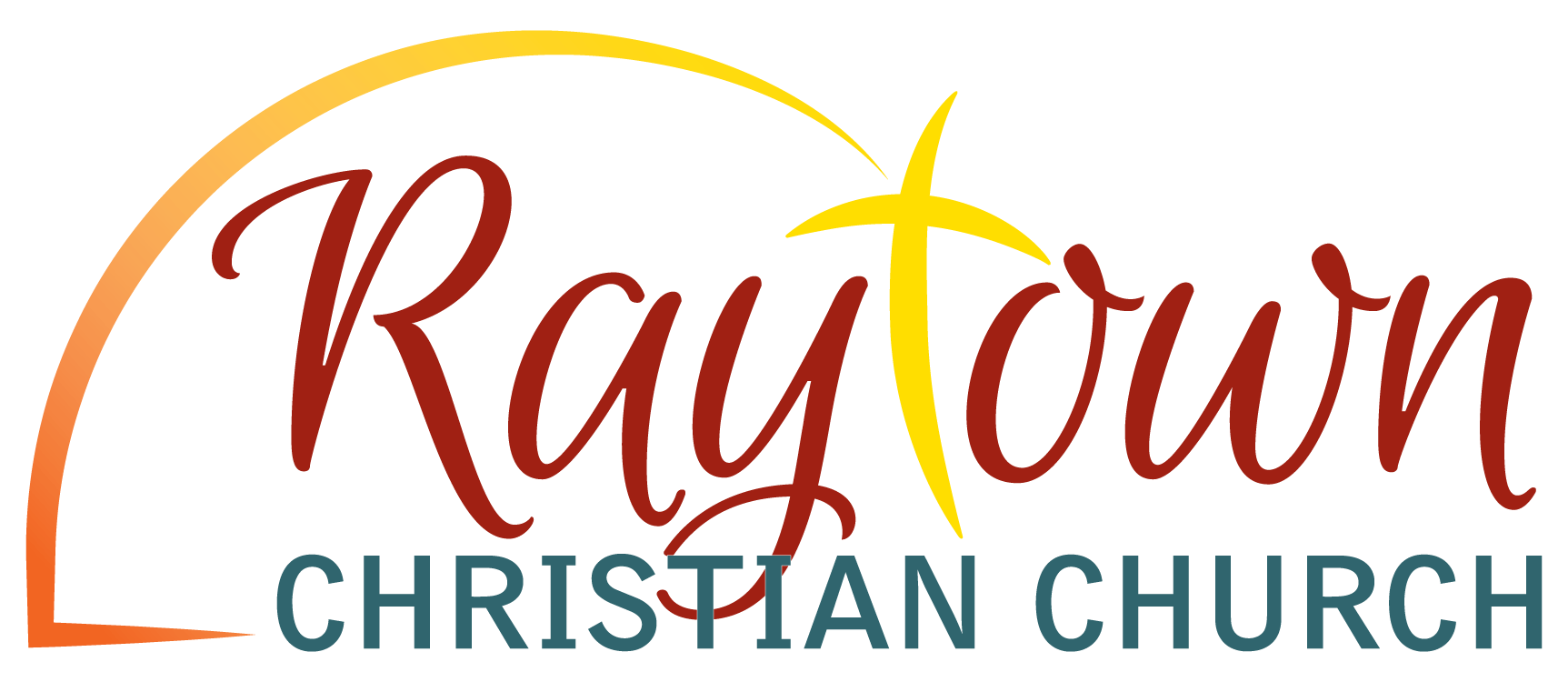Acts 16:9–10 “During the night Paul had a vision of a man of Macedonia standing and begging him, ‘Come over to Macedonia and help us.’ After Paul had seen the vision, we got ready at once to leave for Macedonia, concluding that God had called us to preach the gospel to them.”
When I read this passage I was struck with a question: “Who is your Macedonian?”
Paul’s missionary journeys were going pretty well. He’d reached a lot of people in a lot of place. Between he, Barnabas, John-Mark, Silas, and Timothy they’d started quite a few churches and appointed elders in those churches. But they came to an impasse and were stuck. It was during this time of “stuckness” that Paul experienced the vision of the Macedonian man calling out for help.
The reality is, we all have a Macedonian … a people-group that we’re best suited to reach. A few of us have the ability to share faith effectively with those who speak a different language and are a part of a different culture. These missionaries are gifted, called, and have the ability to reach those who have little or nothing in common with the missionary him/herself.
A few more of us have the ability to reach those who speak the same language and live in the same community, but who are a part of a different culture. A missionary with the ability to share faith effectively with those of another ethnicity or with a significant difference in education or socio-economics is a good example.
Then there are the rest of us who have the ability to reach those who are a lot like us. By and large we’re called to be missionaries to our friends, relatives, acquaintances, neighbors, and co-workers.
Every church has a Macedonian as well. No church can reach everybody, even though everybody is and should be welcome into every church – even if they can’t speak the language and don’t understand the culture. But welcoming everybody doesn’t mean we’re equipped to reach everybody. Raytown Christian Church would be hard pressed to develop ministries that would reach those who speak Russian or Arabic. And we’re not really able to reach English speaking people who aren’t pretty familiar with Mid-West American culture.
Generationally, those who are from the Silent Generation (people over 70) tend to have a different learning style, technology preference, musical genre appreciation, and worship style resonance than Gen-X (35–50 year-olds). The same goes for Baby Boomers (50–70 year-olds) and Millennials (21–35 year olds). Thus, creating ministries, programing, and worship that’s designed to best move, touch, and inspire our Seniors is going to be significantly different than those designed to best reach Young Families (Millennials and young Gen-X’ers). Those who have little or no church experience, but are in their 70s will likely prefer a Classic worship service because the music style and learning styles will feel familiar to them. But many, if not most, would be uncomfortable in a service designed for young adults. The reverse is also true. If a 25 year-old who has little or no church experience visits a worship service designed for Seniors, they’re likely to feel confused and out of place.
To reach our Macedonian, whether personally or as a church, we need to have a good understanding of who we are and who we “connect” with. When we make a match between our hearts and the hearts of our Macedonians, it’s amazing what God can do.
So … who’s your Macedonian? How are you planning on being a missionary to them?

Leave a Reply